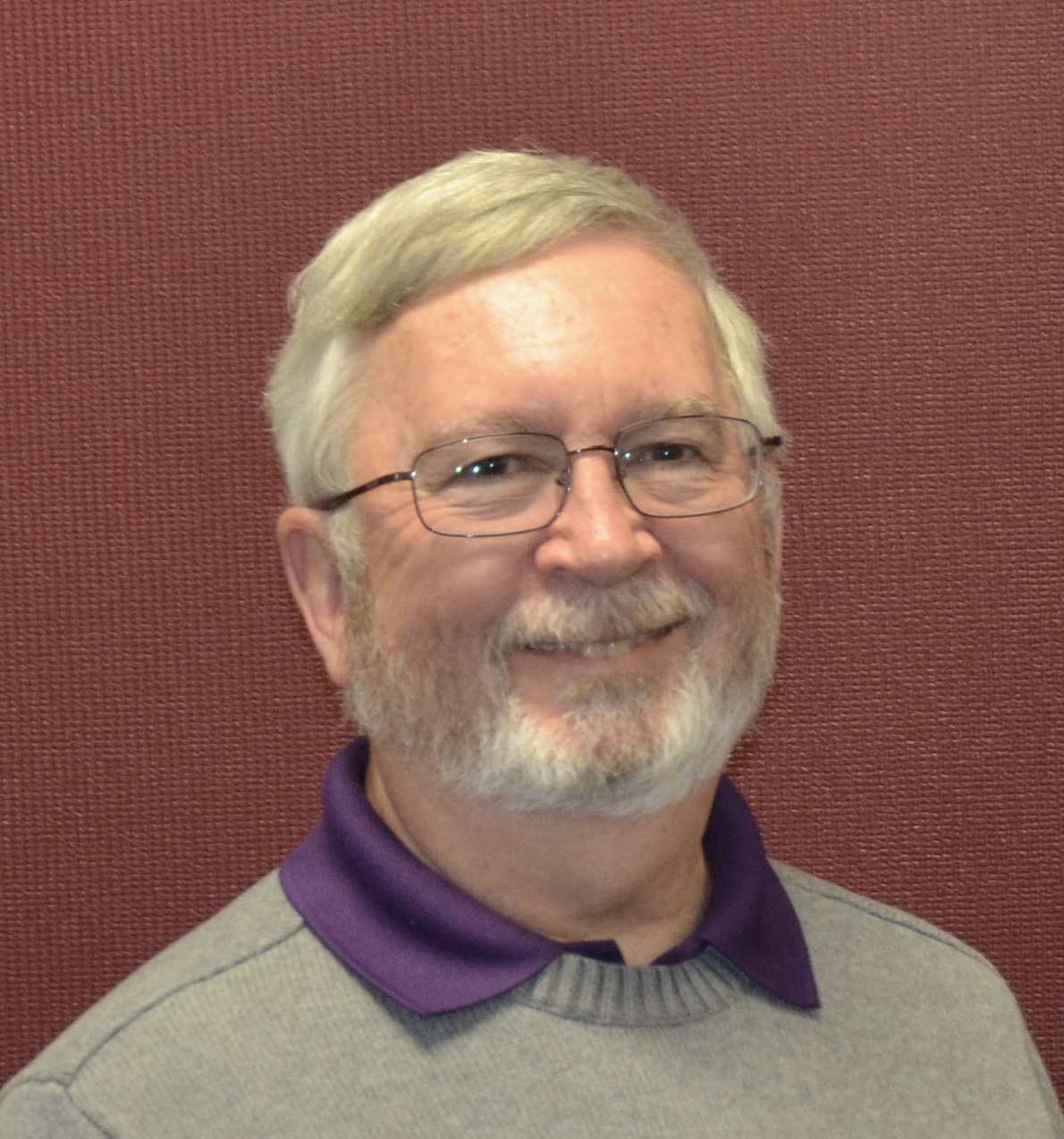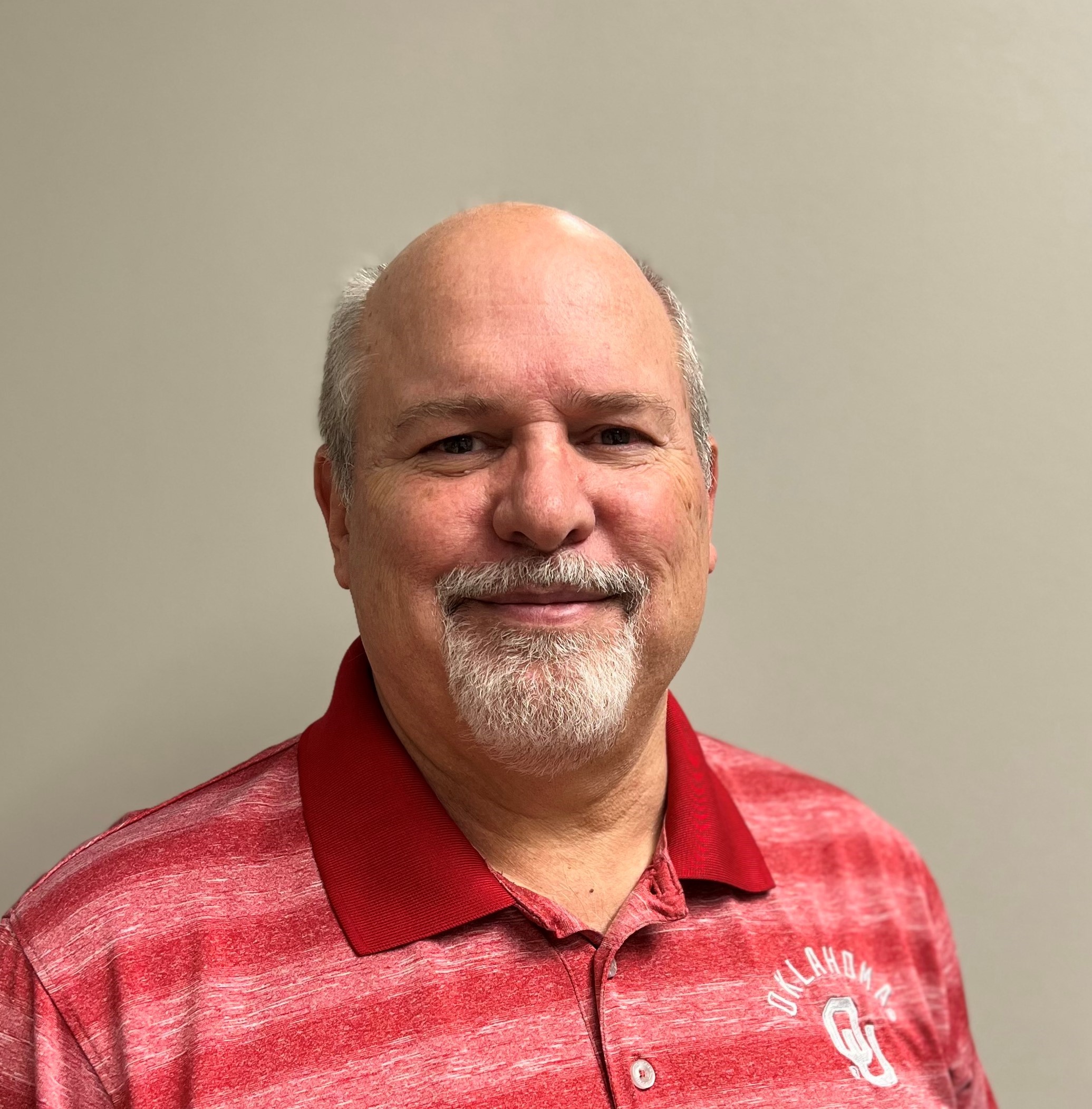Registration rates:

Course Description:
In this full-day course, participants will gain an understanding of how a basic meteorological radar functions and how the signals it generates interact with the scattering medium and microphysical processes in the atmosphere. They will learn the spectrum of measurements that modern radars are designed to make and the challenges attendant with producing results with suitable quality. Participants will learn of the progress made over the past several decades that led to successful program upgrades on the NEXRAD network. The course will prepare participants to embrace changes coming with the accelerating pace of technology development. They will be in a position to make significant impacts on future systems.
The goal is to educate scientists and engineers in the research, development, and commercial weather radar industry on the signal processing methods hosted within the US WSR-88D radar. The course includes practical discussions of how new science/signal processing techniques compete with functional requirements. Students will learn details of the NEXRAD data quality program.
Instructors:

Richard L. Ice
Major USAF (Retired)

David A. Warde
Cooperative Institute for Severe and High-Impact Weather Research and Operations/ University of Oklahoma, (CIWRO) and NOAA/OAR National Severe Storms Laboratory